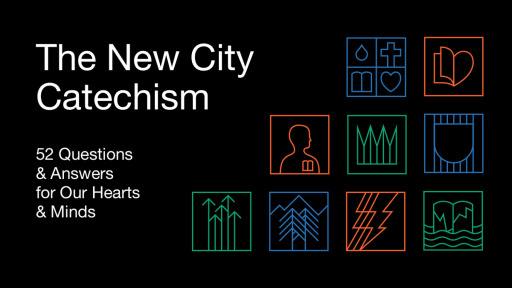Resurrection Life - NCC 50

Chrysostom, early church father and orator, deplored the ostentatious public lamentations that were made at Christian funerals in his day: “When I behold the wailings in public places, the groanings over those who have departed this life, the howlings and all the other unseemly behavior, I am ashamed before the heathen and the Jews and heretics who see it, and indeed before all who for this reason laugh us to scorn.”
He complained that such conduct had the effect of nullifying his teaching on the resurrection and encouraged the heathen to continue in unbelief. He asked what could be more unseemly than for a person who professes to be crucified to the world to tear his hair and shriek hysterically in the presence of death.
“Those who are really worthy of being lamented,” Chrysostom admonished, “are the ones who are still in fear and trembling at the prospect of death and have no faith at all in the resurrection.” Then he drove home his point with these arresting words: “May God grant that you all depart this life unwailed!”1132
Dead Christians rise from their graves to the realm of the living, and then the living and the dead together are caught up from the earth into the air to meet Christ. The Greek for “caught up” (harpazō, “to grab or seize suddenly, to snatch, take away”) gives a sense of being forcibly and suddenly lifted upward (see John 6:15; Acts 8:39). together with. The dead Christians would suffer no disadvantage (cf. “we who are alive … will not precede,” 1 Thess. 4:15)
